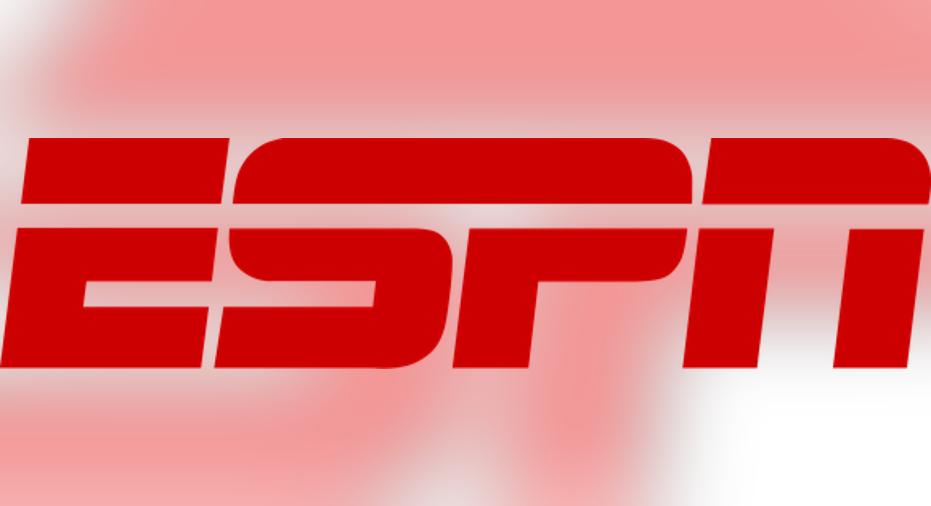Disney CEO Bob Iger Talks Cord-Cutting, Streaming ESPN, and Thriving in a Changing Market

Image source: Disney.
Walt Disney Co.(NYSE: DIS) reported solid fiscalthird-quarter resultson Aug. 9. The entertainment titan's revenue and adjusted earnings per share rose 9% and 12%, respectively, thanks largely to the release of three box-office hit movies in the quarter.
Despite the company's good-to-great quarterly results over the last year, the market has been spooked about one topic since Disney reported its third-quarter 2015 results: cord-cutting. Consumers are increasingly cancelling or slimming down their large cable bundles due to the availability of subscription video streaming services offered by Netflix, Amazon.com, and others. This has led to a steady decline in subscribers for Disney's cable networks, including its extremely lucrative sports cable network, ESPN.
Here are five key things that CEO Bob Iger said on the company's Q3 earnings call about this hot topic. [Transcript via Thomson Reuters.]
Image source: Disney.
The company bought a BAMTech stake to quickly monetize streaming capabilities
From Iger's remarks:
Disney's $1 billion investment in BAMTech will allow the entertainment titan to more actively control the destiny of its immense collection of valuable sports and other entertainment content. The company will now be able to offer direct-to-consumer subscription streaming packages without partnering with a third-party distributor.
Iger said on the call that Disney's goal is to launch a direct-to-consumer ESPN-branded multisport streaming service by the end of the year. The service's content will not be what is now on ESPN but will combine content BAMTech and ESPN have licensed. So, for now, the product will be a complementary offering.
This isn't just a smart move, but a necessary one, as the business maxim of "disrupt or be disrupted" applies here. Disney is choosing to more actively participate in the inevitable disruption of the traditional cable industry, rather than passively wait around for its cable business to be further disrupted.
A new DirecTV skinny bundle partnership was announced
From Iger's remarks:
The partnership with AT&T's (NYSE: T) DirecTV is obviously great news. This deal, announced during the earnings call, is the latest example of Disney's success in getting ESPN and other key content included in the various limited content, or "skinny bundle," products that distributors are rolling out.
ESPN was also included in the over-the-top services launched relatively recently by Dish Network'sSling TV andSony's Playstation.
Disney's content helps skinny bundles succeed
From Iger's comments:
Iger used the example of Sony Vue to illustrate the value of ESPN and other Disney content to distributors that are assembling content for their new OTT offerings. The Sony example is a great negotiating tool that Iger and team will no doubt continue to use when in talks with distributors about new OTT deals.
Pricing of networks is similar regardless of distribution mode
From Iger's comments:
Some Disney bears have been saying that the company's push into streaming -- both through distributors and directly via its BAMTech stake -- is going to cannibalize its cable products. This is likely true. However, as Steve Jobs famously said, "If you don't cannibalize yourself, someone else will."
Over-the-top distribution brings new advertising opportunities
From Iger's remarks:
Digital content distribution platforms allow for better targeted advertising because some have dynamic ad insertion capabilities that can swap ads in and out of the content as it's being delivered to consumers so that people are shown different ads, rather than everyone viewing the same ad. Targeted advertising should allow Disney's content to generate more ad revenue because ads will generally be more relevant to viewers.
Advertising is a key part of Disney's empire. Ad revenue increased about 4% year over year for the first nine months of fiscal 2016, accounting for more than 42% of revenue generated in the media networks segment and nearly 16% of the company's total revenue.
In short, the House of Mouse isaggressively pursuing opportunities that will enable it to adapt and thrive in the changing consumer media world.
A secret billion-dollar stock opportunity The world's biggest tech company forgot to show you something, but a few Wall Street analysts and the Fool didn't miss a beat: There's a small company that's powering their brand-new gadgets and the coming revolution in technology. And we think its stock price has nearly unlimited room to run for early in-the-know investors! To be one of them, just click here.
Beth McKenna has no position in any stocks mentioned. The Motley Fool owns shares of and recommends Walt Disney. Try any of our Foolish newsletter services free for 30 days. We Fools may not all hold the same opinions, but we all believe that considering a diverse range of insights makes us better investors. The Motley Fool has a disclosure policy.



















